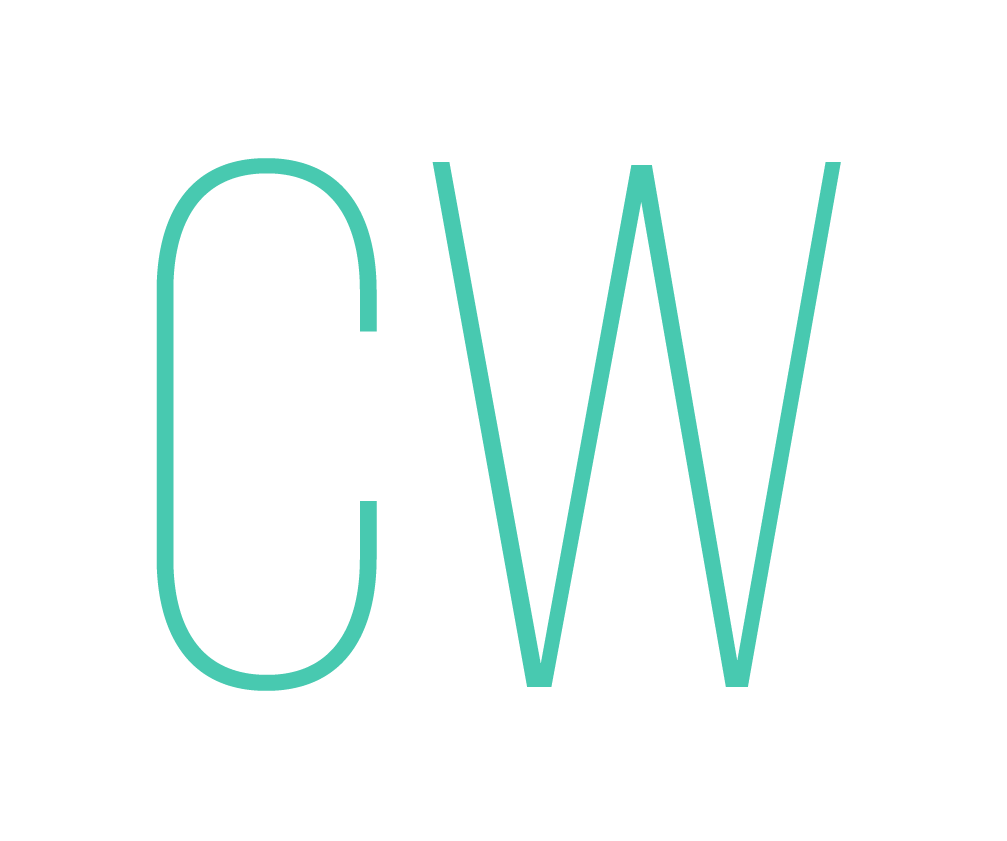A True Mirror: Recognizing My Hard-Fought Flaws in My Child by Ori Lenkinski
*originally published in Hebrew in Haaretz
When I first moved to Israel, I barely spoke. I arrived with a decent Hebrew base but, when met with the task of actually speaking the language, I found that I preferred to remain in silence. I smiled a lot. I secretly wrote down words I didn’t understand and looked them up online at the end of the day. I would rerun interactions in my head and compose the proper response in perfect Hebrew hours after they had taken place. For weeks I grinned and smirked and bared teeth and blushed, anything to avoid exposing my American accent or subpar understanding of the conversations around me.
Over time, I started to speak with a select group of people. For whatever reason, these people, mostly women, could correct me without offending my sense of self. After about a year, I felt that my Hebrew was good enough to speak freely and after five years, I stopped taking offense when cab drivers switched to English upon detecting my accent. Conquering the language filled me with an immense sense of purpose and eventually, pride.
I recently presented a solo work at a festival in Tel Aviv. It was my first solo in my near-twenty years on stage and I was the sole creator of it. At one presentation along the tumultuous creative path, I sat before the three artistic directors of the festival, peers whom I deeply respect, and cried. I had realized the night before that the material I had spent about a month of rehearsals making was not at all what I wanted. It had an accent, so-to-speak. I told myself that I would share it with them and see what they thought but, in the moment, I couldn’t. Instead, I sat with my fellow artists for about forty minutes with tears in my eyes and a shaking voice, explaining how much I hated what I had created so far. Luckily, they recognized the low point from their own creative processes and didn’t get too ruffled by my state.
The presentation took me back to those first days in the country, smiling my way through social interactions, refusing to speak for fear of making a mistake. That is me. I would rather say nothing, show nothing, than do something I know isn’t perfect. I have never considered myself to be a perfectionist but it suddenly seemed to be very true.
My daughter is about to enter first grade. At home, we speak a mix of Hebrew and English. We aim for the One Parent One Language scenario but in reality, it’s a little messier than that. Until now, she has been in private kindergartens, the first, exclusively English-speaking and the second, English and Hebrew. Though her teachers report to us of fluidity between the languages, we rarely see the Hebrew at home. In fact, in most social settings that occur in Hebrew, including dinner with the Hebrew speaking side of the family, she chooses not to talk. She participates but without words.
This preference has caused some distress in our household. We worry that she won’t feel comfortable in an all-Hebrew first grade, that it will be hard for her to make friends, that she will feel alienated.
Following that presentation, I suddenly realized where the behavior comes from. She is following in my all-or-nothing footsteps, exhibiting her own perfectionism. She has this tendency towards her art work as well; if it isn’t exactly what she envisioned; a painting will quickly find itself crumpled on the floor.
Before I had them, I imagined that I would pass on my best qualities to my kids; my love of music, my posture, my stubbornness. I didn’t stop to think about the less wonderful or problematic parts of myself that I would pass on.
When our kids are small, we use our better judgement to save them from all harm. We catch them, warn them, pick them up, slice their fruit, cover their eyes… but they live with us and they see us. They inherit good things from us but also the rough edges. We cannot shield them from ourselves, nor would I want to.
Children offer a unique mirror to their parents. They reflect our physicality, our manners, our way of speaking and treating others. In many ways, children provide us with our first authentic opportunity to see ourselves. This reflection, as most are, is comprised of things we like and things we like less.
When I look at my daughter keeping quiet during a raucous family dinner, I am thrown back to some of the most difficult moments in my life, moments in which fear of failure overtook me. As the presentation showed me, I am still contending with these issues and probably will be for the rest of my life. Helping her through these problems, the ones I know so intimately from my own journey, is trickier than supporting her through unknown territories. I can offer my own methods but, ultimately, my job is to let her figure out her own ways of handling these character traits without trying to solve them for her.
As my daughter grows and takes on her own place in the world, I must challenge myself to allow her to discover her own path, to recognize her own hardships and to support her while she devises her own ways of navigating all the different parts of herself.
